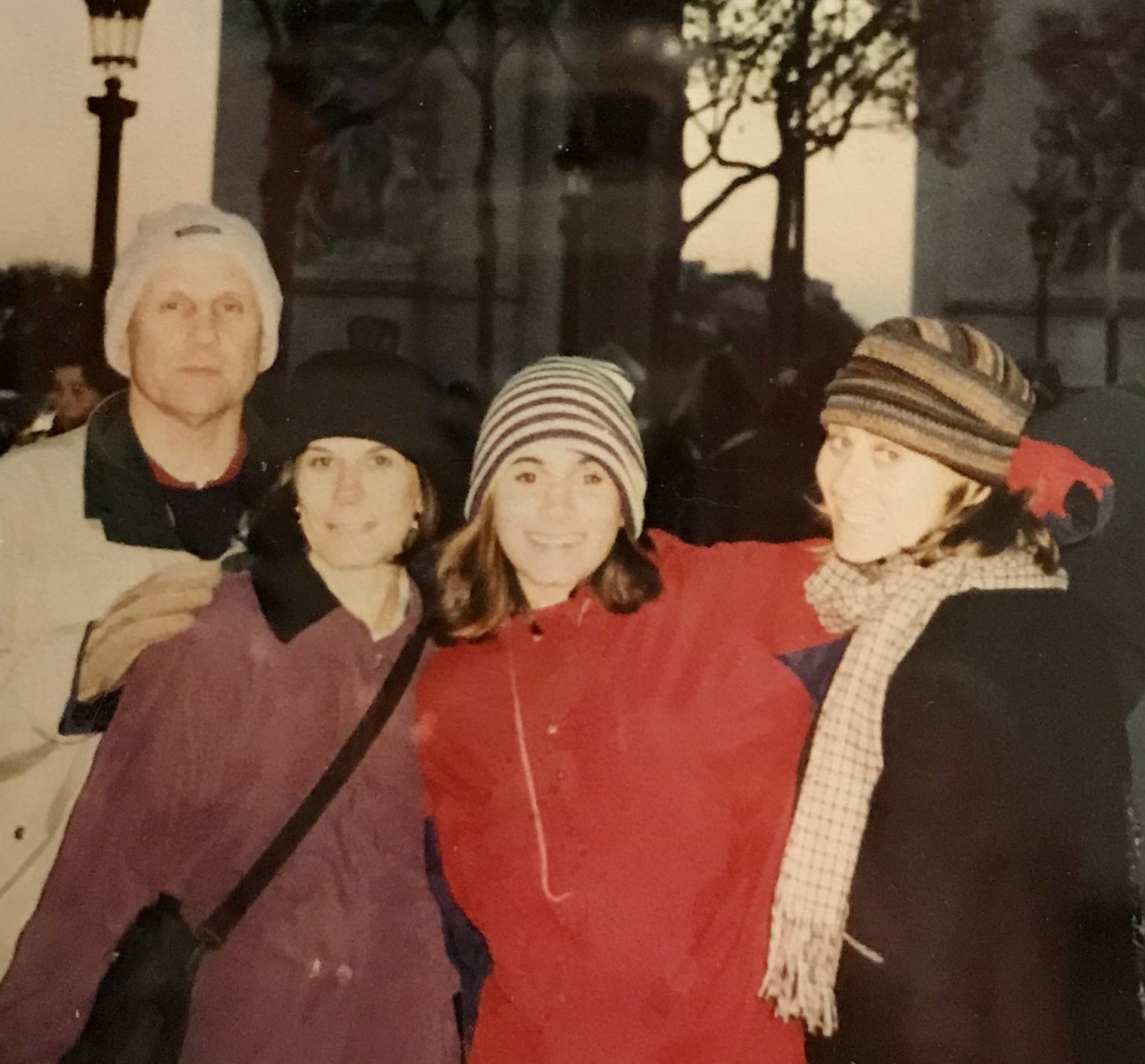
If you watch Grey’s Anatomy, you know that Richard had been having some memory issues throughout the last part of the season. All of the surgeons were madly researching to figure out what could be wrong. Someone suggested that Richard might have Alzheimer’s, but Meredith angrily refused to accept this. Her mother had died from Alzheimer’s. How could it be that her mentor, Richard, also had it? That could never happen. It was finally discovered that Richard had had a cobalt hip replacement a few years ago and the cobalt was slowly poisoning him. After surgery to remove and replace the hip, surprise– Richard was cured! He woke up from surgery and was like his old self.
Why am I telling you about Grey’s? Well, after more than a year and a half of confusion, stress, testing, hospitalizations, and our Mom’s death, it appears that we have to accept the conclusion that Dad has Alzheimer’s. How can it be? It was our worst fear and now it has come true.
In September of 2018 we asked Dad’s doctor about his frequent short term memory issues and confusion. At that time the doctor attributed these things to the extreme stress that Dad was under from being Mom’s sole caregiver. He was the expert and we were relieved to hear this. We already had enough to stress about.
Bringing hospice on for Mom during that same month helped but brought its own problems. The hospice staff could see Dad’s confusion and it was getting harder and harder to hide. Dad would call us repeatedly not knowing how to give Mom her medications from the med planner. And was he taking his own meds when we weren’t there? We could never be sure. He still refused to accept additional help in his house. He frequently complained about the hospice staff being in his house and then forgot they had ever been there that day. He didn’t accept the assistance of the hospice bath aide until perhaps 6-9 months later. We were there whenever we could be but also had to continue with our jobs and families.
I’ll tell you more soon. I wish Dad would wake up and like Richard, be his old self. Well, this isn’t TV, so instead, we are preparing ourselves to help Dad continue on this journey. Dad gave up everything for Mom and did what no one could have done. I admire what he did but am also sad and angry that perhaps the isolation and constant stress as a caregiver took him away from us just when we thought we’d get him back.
This book has brought me some comfort and ideas and may be useful:





 Welcome! I hope that this blog will help those at any point in their journey with Alzheimer’s to know that there are others going through the same thing. My Dad takes care of my Mom full time and has since he retired in 2012. My sisters and I are using this blog to document what has and what will happen and to be a resource for others.
Welcome! I hope that this blog will help those at any point in their journey with Alzheimer’s to know that there are others going through the same thing. My Dad takes care of my Mom full time and has since he retired in 2012. My sisters and I are using this blog to document what has and what will happen and to be a resource for others.